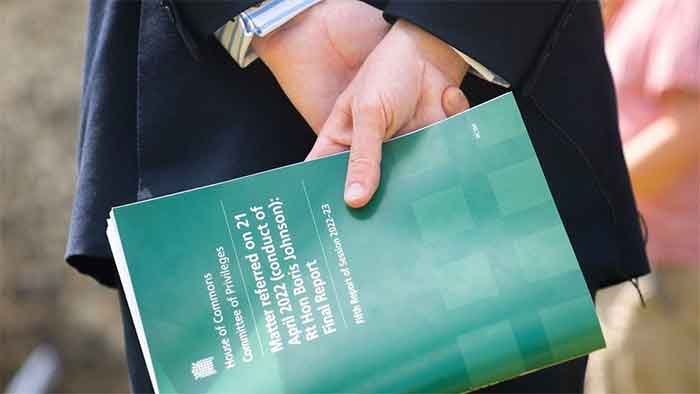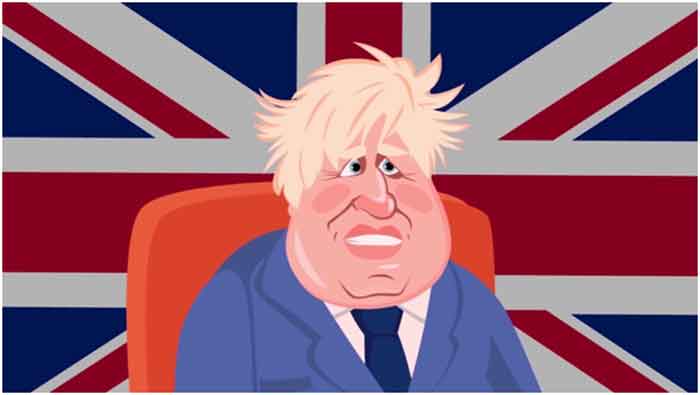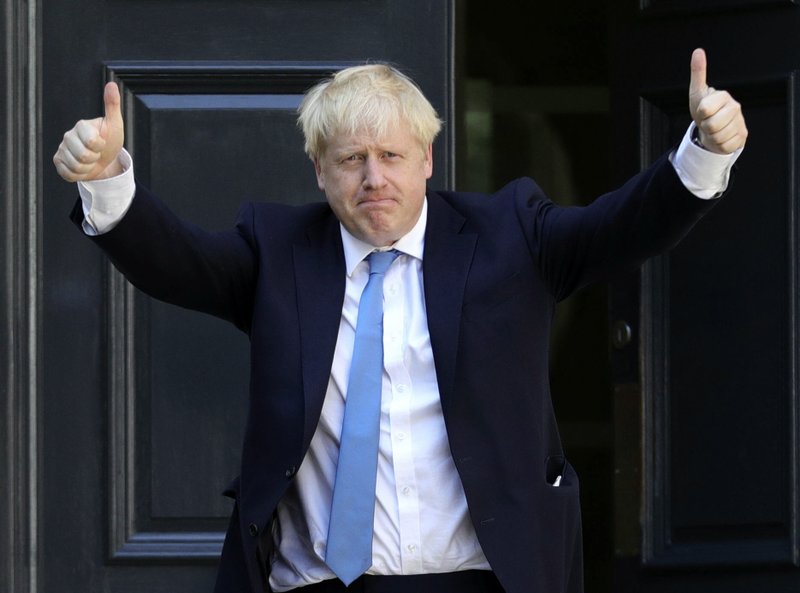
The majority of Britons do not trust the government, with confidence among the lowest levels ever recorded, a poll has revealed.
The British Social Attitudes survey found that just 15 per cent of people said they have faith in Boris Johnson‘s government ‘most of the time’ or ‘always’.
More than double, 34 per cent, instead said that they ‘almost never’ trust the political system – a figure that has only been exceeded once before.
The latest survey, which was conducted last year, found that nearly four fifths believe that the political system in Britain needs ‘quite a lot’ or ‘a great deal’ of improvement.
This is the highest level ever recorded and a marked increase from 63 per cent in 2014.
It is thought that trust in the government has ‘fallen away significantly’ since 2016.
Shortly after the European Union Referendum, the public appeared to be somewhat more trusting of government than they had for some time.
But by the time, the Brexit stalemate was coming to a conclusion the level of trust had fallen away with both Leave and Remain supporters being equally likely to have become critical of government decisions.
The study said: ‘Doubts were raised about the damage being done by a political process that seemed incapable of making a decision on a subject on which the country was divided, polarised and committed.’
It is thought that the figures could now been even lower following the handling of the coronavirus crisis.
The survey report said: The Brexit stalemate that gripped Britain in 2019 appeared to be a perfect recipe for stimulating disenchantment among voters.
The survey has examined the impact of that stalemate on people’s attitudes towards how Britain is governed.
The survey has looked at whether trust and confidence in how Britain is governed has fallen in the wake of the Brexit debate, and what, if anything, has happened to people’s sense of political engagement. At the same time, we consider whether any impact is more in evidence among Leavers or more apparent among Remainers.
The report said:
Shortly after the EU referendum, the public had appeared somewhat more trusting of government than they had for some time. However, by the time the Brexit stalemate was coming to a conclusion the level of trust in government had fallen away quite noticeably.
How should Britain use its newly acquired sovereignty?
It said:
Once the UK has left the EU single market and customs union the UK government will acquire responsibility for a range of policy areas that have until now been subject to collective EU decisions. This chapter looks at attitudes towards some of the key decisions that the UK will now make in some of these areas – immigration policy, food and farming regulation, and the regulation of consumer goods and services. It both assesses attitudes among the public as a whole and examines to what extent ‘Leavers’ hold different views from ‘Remainers’.
Remain voters are less likely than Leave supporters to say that EU citizens should have to apply in the same way as non-EU migrants if they wish to come to live in the UK. But even among those who would have preferred the UK to stay in the EU there is limited enthusiasm for the EU’s free movement rules.
SIGN UP FOR COUNTERCURRENTS DAILY NEWSLETTER

















































